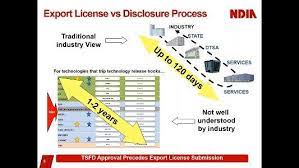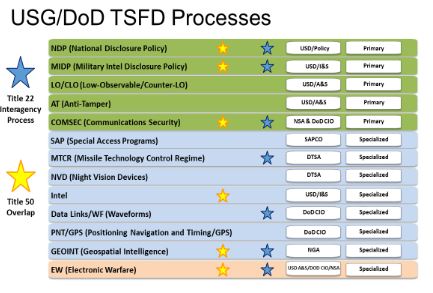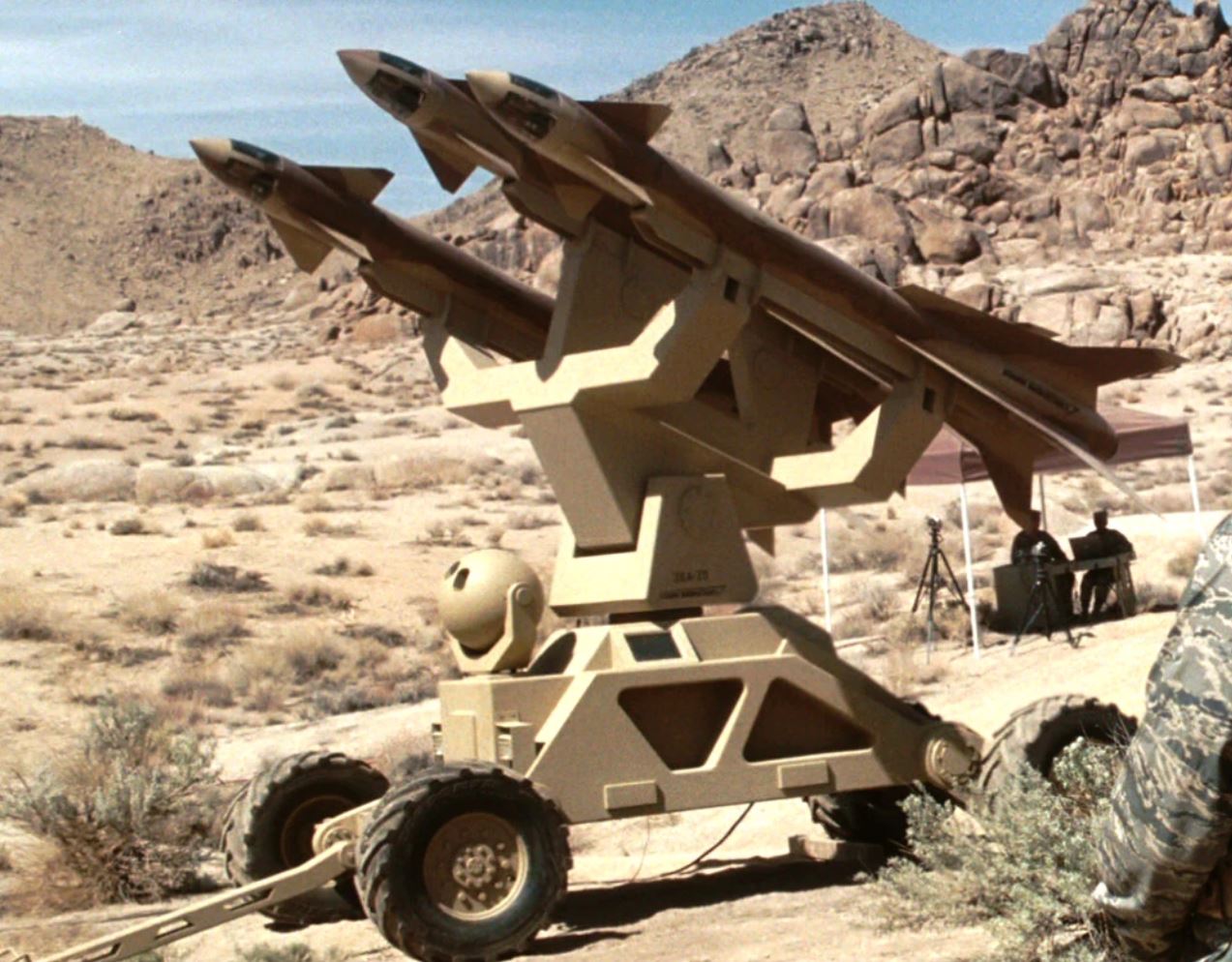Introduction: For companies engaged in the export of defense-related articles and services, compliance with the International Traffic in Arms Regulations (ITAR) is not just a legal requirement but a crucial aspect of doing business responsibly. One of the fundamental steps in ensuring ITAR compliance is registering as an exporter with the U.S. Department of State’s… Read More
Navigating the Nuances of Offsets in Foreign Military Sales: A Closer Look
In the complex world of international defense trade, foreign military sales (FMS) play a pivotal role in shaping global security landscapes. These agreements facilitate the exchange of military equipment, services, and technology between nations, fostering alliances and bolstering defense capabilities. However, amid the intricacies of these transactions lies a critical component known as offsets, which… Read More
Understanding Technology Security & Foreign Disclosure (TSFD) Pipes: A Comprehensive Guide
In today’s interconnected world, where technology plays a pivotal role in nearly every aspect of our lives, security is paramount. This is especially true when it comes to sensitive technologies that have the potential to impact national security and international relations. One crucial mechanism in managing this delicate balance is through Technology Security & Foreign… Read More
Navigating Technology Security & Foreign Disclosure (TSFD) Requirements for Small and Medium-sized Enterprises (SMEs) under the Arms Export Control Act (AECA)
Introduction: In international arms trade, small and medium-sized enterprises (SMEs) play a crucial role in innovation and supply chain diversity. However, navigating the complex landscape of Technology Security & Foreign Disclosure (TSFD) requirements under the Arms Export Control Act (AECA) can be daunting for SMEs venturing into this arena. In this blog post, we’ll explore… Read More
Understanding Retransfer and Reexport Requirements in ITAR
In the world of international trade, particularly in industries dealing with defense articles and services, compliance with regulations is crucial. One such set of regulations that govern the export and import of defense-related items is the International Traffic in Arms Regulations (ITAR), administered by the U.S. Department of State. Among the many provisions within ITAR,… Read More
A Comprehensive Guide to Implementing DDTC’s ITAR Compliance Program Guidelines
Introduction: In the ever-evolving landscape of international trade and national security, the International Traffic in Arms Regulations (ITAR) plays a crucial role in safeguarding sensitive defense-related technologies. Administered by the U.S. Department of State’s Directorate of Defense Trade Controls (DDTC), ITAR compliance is essential for companies involved in the export and import of defense articles… Read More
Crafting an Effective Voluntary Self-Disclosure for ITAR Violations: A Guide to Transparency and Compliance
Introduction: In the complex world of international trade, compliance is paramount. For businesses engaged in the export of defense-related technologies, such as those covered by the International Traffic in Arms Regulations (ITAR), inadvertent violations can occur. When such violations are identified, voluntarily reporting them through a well-crafted Voluntary Self-Disclosure (VSD) is a crucial step towards… Read More
Navigating ITAR License Requirements for Demonstrations
Introduction: In the fast-evolving landscape of technology, showcasing cutting-edge innovations is crucial for businesses to stay ahead. However, when it comes to demonstrating certain technologies with potential military applications, the International Traffic in Arms Regulations (ITAR) comes into play. ITAR is a set of U.S. government regulations that control the export and import of defense-related… Read More
Navigating Regulatory Hurdles in Foreign Military Sales Transactions: A Strategic Approach
Foreign Military Sales (FMS) transactions play a crucial role in international defense cooperation, fostering partnerships and strengthening global security. However, the road to successful FMS is often paved with regulatory challenges that demand careful navigation. In this blog post, we will delve into the complexities of regulatory hurdles in FMS transactions and explore strategies for… Read More
Navigating Controlled Technologies: The Crucial Role of ITAR Training Programs
Introduction: In the dynamic landscape of international trade and defense, staying ahead requires more than just cutting-edge technology. It demands a comprehensive understanding of regulations and compliance, especially when dealing with controlled technologies. The International Traffic in Arms Regulations (ITAR) stands as a sentinel, guarding against the unauthorized export of defense-related articles and services. In… Read More









